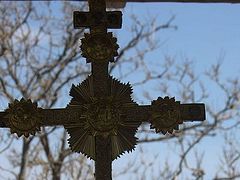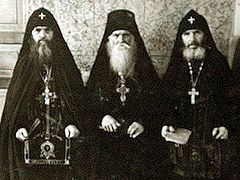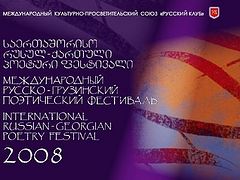Source: Orthodox Teaching of the Elders
March 17, 2018
Fr. Dumitru Staniloae, the greatest Romanian Orthodox theologian of the twentieth century, talks about Christian poetry and how it uses words that go beyond simple dry definitions in order to express a great mystery.
Source: “Cerul dintre noi” – video production by Silviu Despa (1989)
Fr. Dumitru Staniloae:
“Why is poetry so useful for the faith?
Because one can not rationally define God. God is beyond the narrowing of rational definitions…
These days, I read some pages from “The Ambigua” of St. Maximus the Confessor. He showed that we can reach only a limited level using the explanatory word. From a certain place we can not move forward.
And we live God as a great mystery. That means that our ordinary words no longer have power… Either we stay silent, there is also a speech of silence… or we labor to find words beyond simple rational definitions…
Metaphors are also good because all creation is of God… And He put something of His own in everything… We can say that God is like a high mountain… Because the height of the mountain was also set by God.
I mean, the poetry is useful, so we do not stick to the banal, to the mediocre forms of expressing God.
The whole poetry of our hymns is a poetry full of content. How much poetry the Psalms contain? But it is still a poetry that acknowledges God as a Person.
We must confess God as a Trinity of Love. We must confess the love of God to us through Jesus Christ and through His Sacrifice.
These can not be expressed, but somehow our intention to express these truths should be visible. These truths are so high that you can not express them only by some poor words…
You have to say words that go beyond simple dry definitions… You have to say words, words full of enthusiasm, words full of warmth, this is poetry… Once you get beyond these limits of the world, you become deep. You become different, you discover some depths inside you…
We can not become profound in literature and philosophy unless we become Christians…”



